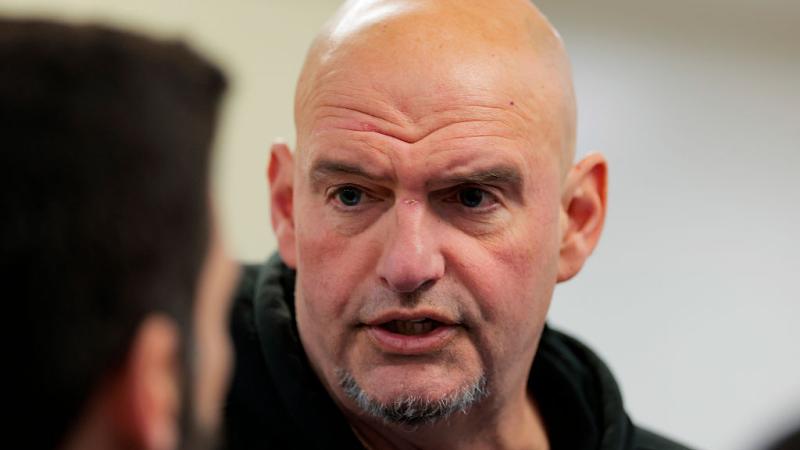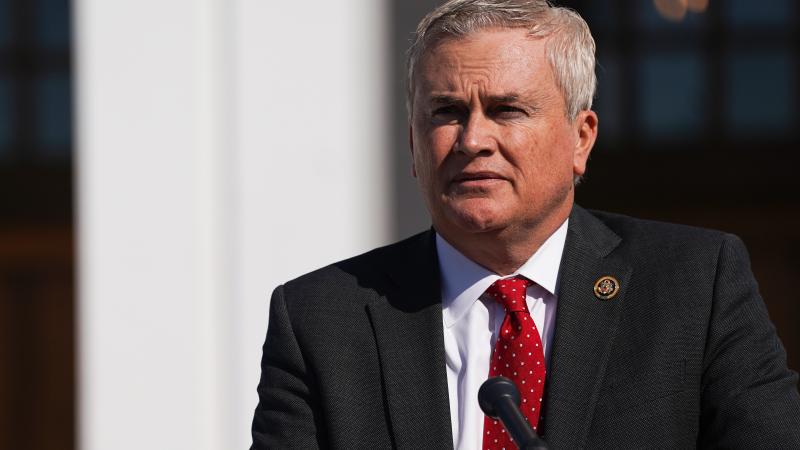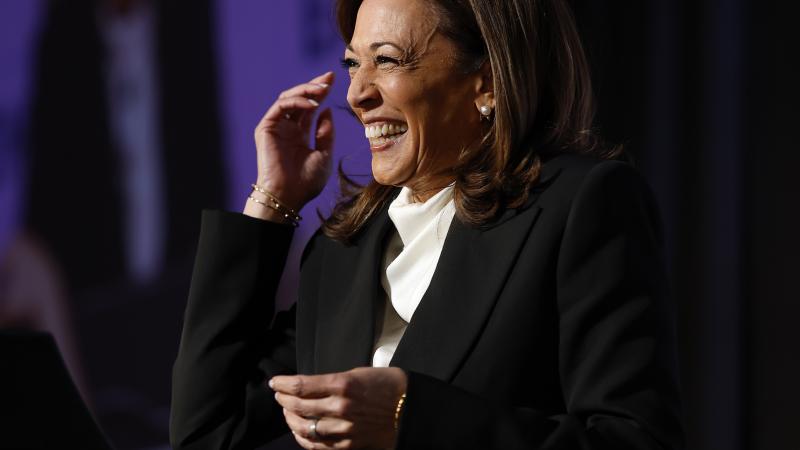GOP takes control of Senate with 3-seat pickup, but 60-vote threshold still poses agenda challenge
Senate races that have yet to be called are Nevada, Michigan, Arizona, Pennsylvania and Wisconsin.
Senate Republicans on Wednesday added another seat to their newfound majority, ousting three-term Montana Democrat Sen. John Tester.
The win by GOP candidate Tim Sheehy brings the GOP-majority to three seats – 52 for Republicans and 49 for Democrats – in the 100-member upper chamber.
Still, passing legislation will be a challenge, considering Democrats can still use the filibuster to block legislation, which can be overcome only by a 60-vote threshold.
Among the exceptions are Supreme Court nominations and Congress’ annual budget reconciliation process.
Senate Republican leader Mitch McConnell on Wednesday remained steadfast on keeping the filibuster under the new, GOP majority.
President-elect Trump has talked about ending filibuster before and still could pressure Senate Republicans to do so. The next congressional session will have a new GOP Senate leader because McConnell is relinquishing his role.
“I think one of the most gratifying results of the Senate becoming Republican, the filibuster will stand, there won’t be any new states admitted to give a partisan advantage to the other side, and we’ll quit beating up the Supreme Court every time we don’t like a decision they make,” McConnell said.
Republicans on Wednesday appeared to still have their House majority, while also controlling the Senate and the White House with Donald Trump.
They had the same advantage from 2016 to 2019, during Trump's first term but failed to pass major initiatives including repealing the Affordable Care Act, also known as ObamaCare. The vote was 51-49.
The GOP's first win Senate pickup this cycle came early on election night when Jim Justice, West Virginia's GOP governor, handily won the race for the state's open seat. The seat in the deep-Red state is held by retiring Sen. Joe Manchin, a Democrat who earlier this year became an independent.
Republicans sealed the majority later in the night in Ohio when nominee Bernie Moreno ousted incumbent Democratic Sen. Sherrod Brown.
Going into Election Day, Democrats control the chamber 49 to 51 – a number that includes four independents voting with them. They are Bernie Sanders, of Vermont; Angus King, of Maine; Kyrsten Sinema, of Arizona; and Manchin – all of whom essentially vote with Democrats.
The GOP's majority Tuesday night held when two incumbent Republican senators – Ted Cruz, in Texas, and Deb Fisher, in Nebraska – fended off tough Democratic challengers.
Senate races as of Wednesday that had yet to be called were those in Arizona, Michigan, Nevada and Pennsylvania.
Nevada GOP Senate nominee Sam Brown as of Wednesday afternoon was leading incumbent Sen. Jacky Rosen by less than 1%, and Pennsylvania Republican Senate nominee Dave McCormick was leading Democratic incumbent Sen. Bob Casey, also by less than 1%.
The increase of GOP Senate seats calls into question the influence of moderates Sens. Susan Collins, of Maine, and Lisa Murkowski,of Alaska., and whether former President Donald Trump will have room to maneuver with a large majority, according to Politico.
"Having at least the 52-seat benchmark will diminish their influence, as their objections alone will not be enough to block the confirmations of Trump’s nominees from advancing," Beacon Policy Advisors analyst Owen Tedford told Market Watch.















